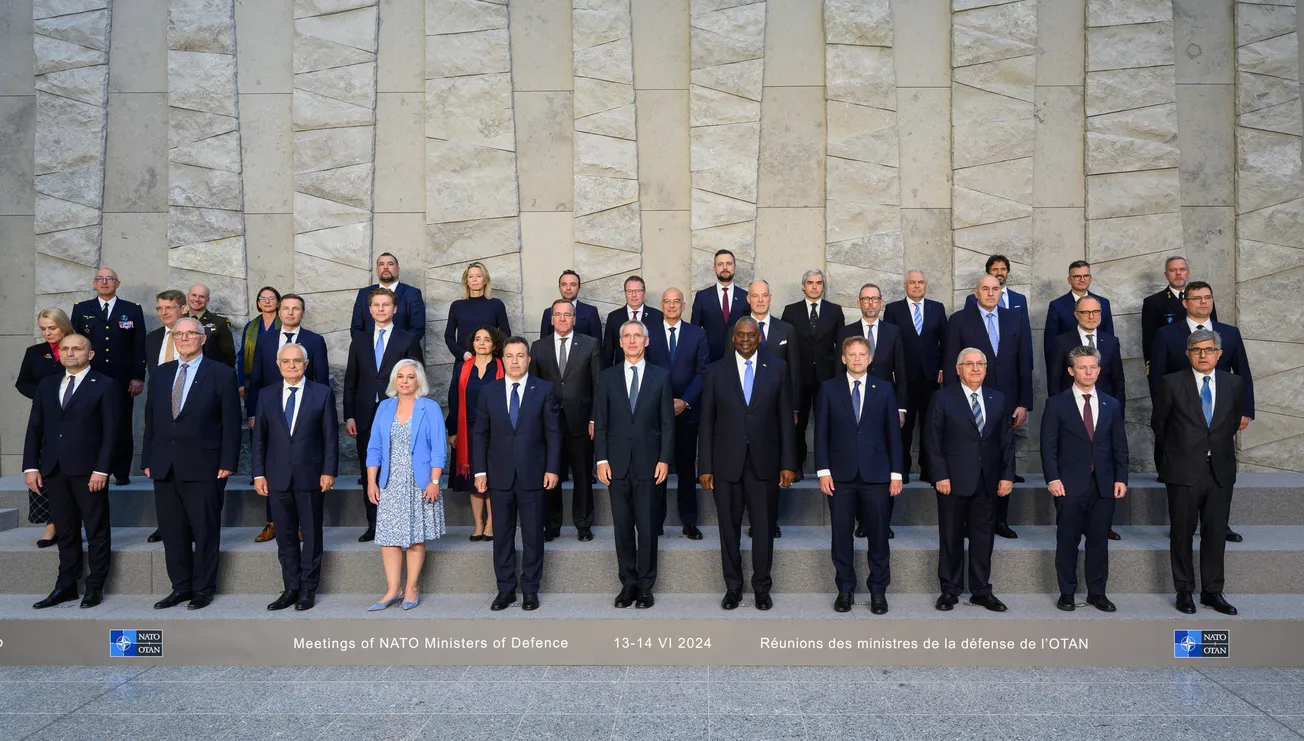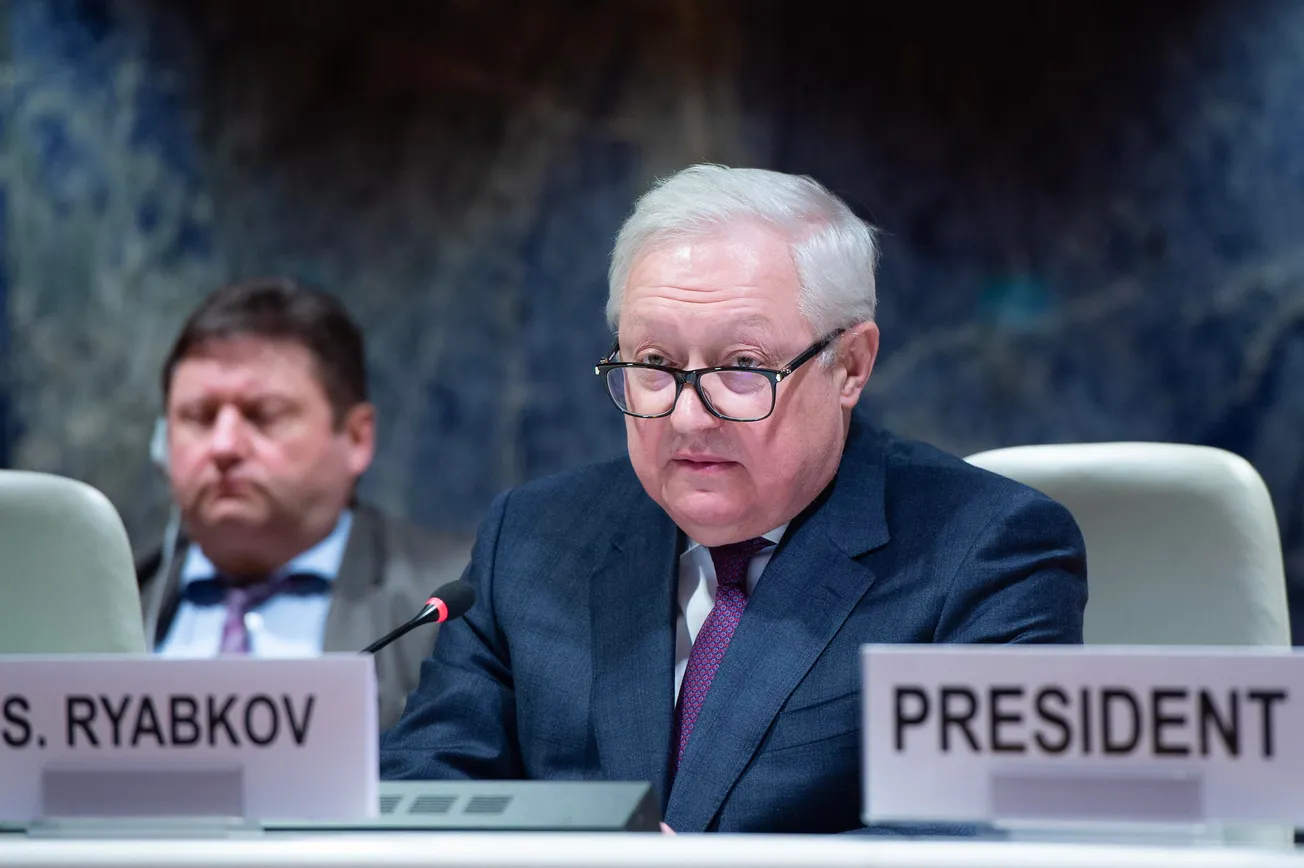NATO Secretary General Jens Stoltenberg, in a press conference following the conclusion of the NATO defense ministers in Brussels yesterday, reported that the ministers agreed on a plan that sets out how NATO will lead the coordination of security assistance and training. “This will allow NATO Leaders to launch this effort at the Washington Summit in July, putting our support to Ukraine on a firmer footing for years to come,” he said. “It will consist of a NATO command, located at a U.S. facility in Wiesbaden (Germany), and at logistical nodes in the Eastern part of the Alliance under a 3-Star general reporting to Supreme Allied Commander Europe, SACEUR. Across the Alliance, this effort is expected to involve nearly 700 personnel from NATO and partner countries.”
Wiesbaden, the Hessian state capital, is also the base of the U.S. forces in Europe, which have been responsible for coordination tasks up to now. The operation will be led by a three-star general who will report directly to the Supreme Commander of the NATO forces in Europe.
As with the “Ramstein Group,” the regular meeting of defense ministers of NATO and other states at the U.S. air base at Ramstein, the new Wiesbaden headquarters makes Germany even more prominently and deeply involved in the coordination of military support for Ukraine. Nevertheless, Stoltenberg claimed that the NATO alliance itself is not a party to the conflict! “These efforts do not make NATO a party to the conflict, but they will enhance our support to Ukraine to uphold its right to self-defense,” he said.
The other part of the plan is a $43 billion financial support package for the Kiev regime. However, “we have not yet an agreement on that,” Stoltenberg said. “But I work and many Allies are very supportive of the idea that we need not only to have short term pledges, they are welcome of course, but if we could have more long-term predictable pledges, it will give the Ukrainians better planning assumptions.”





